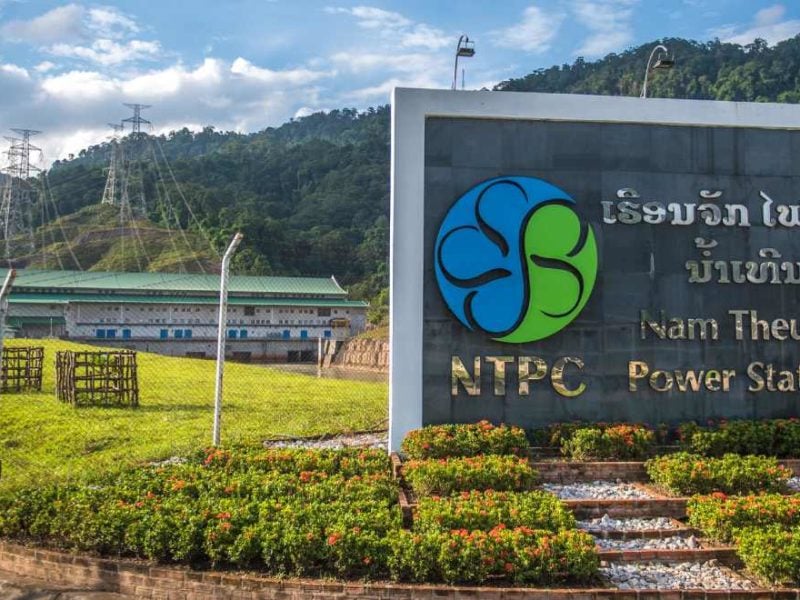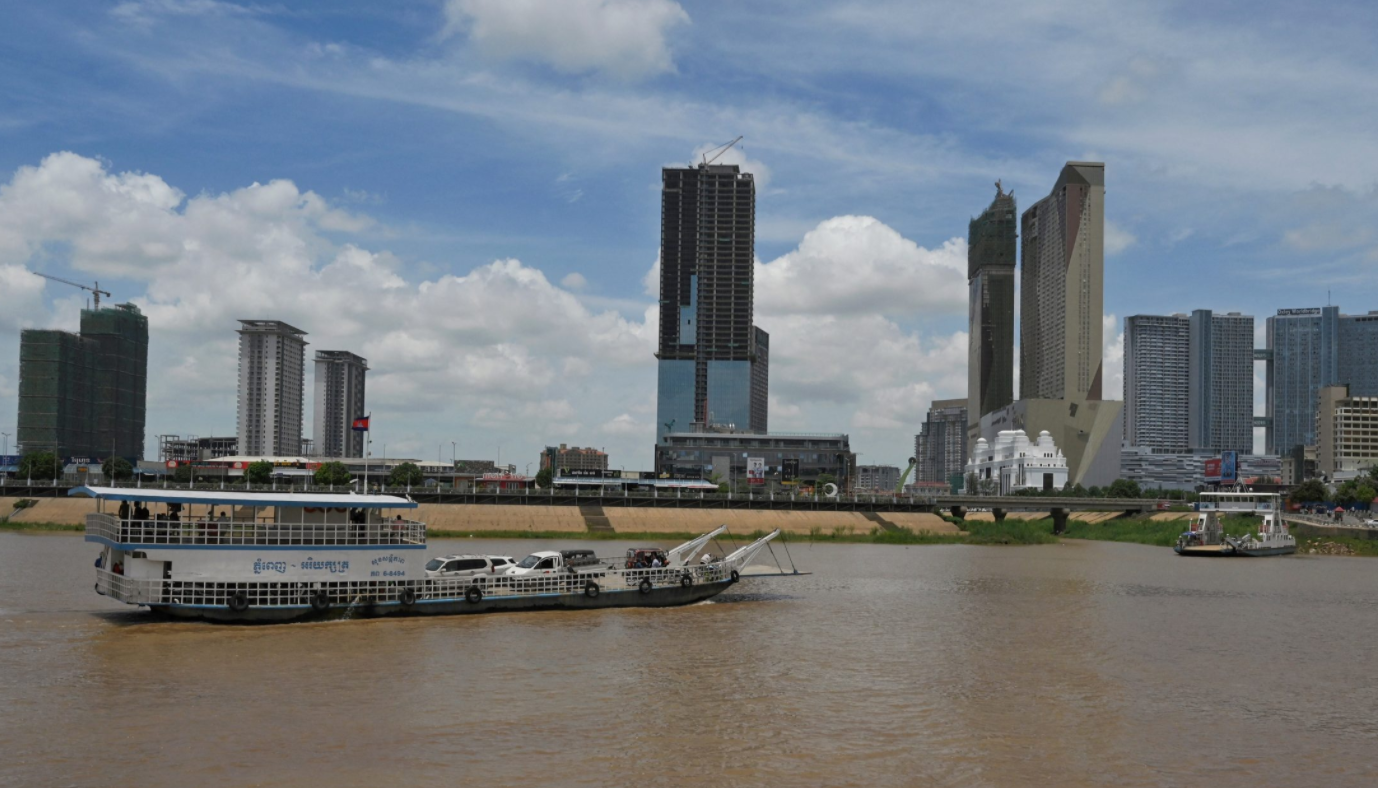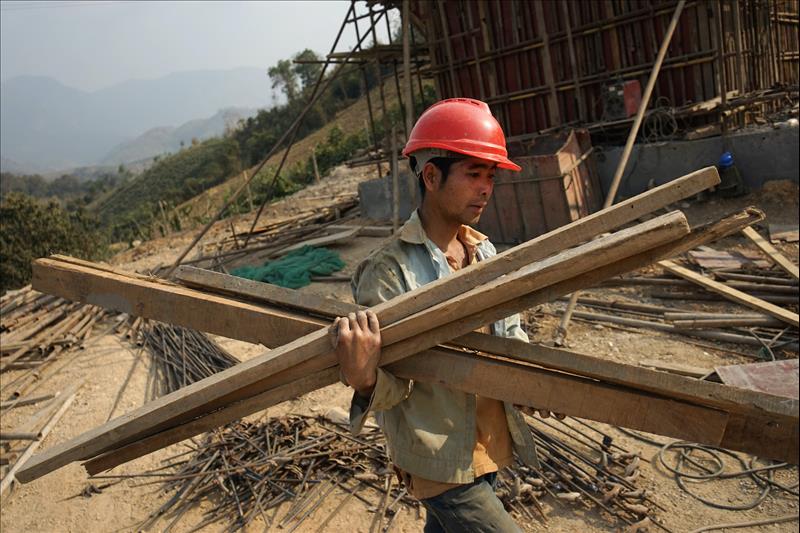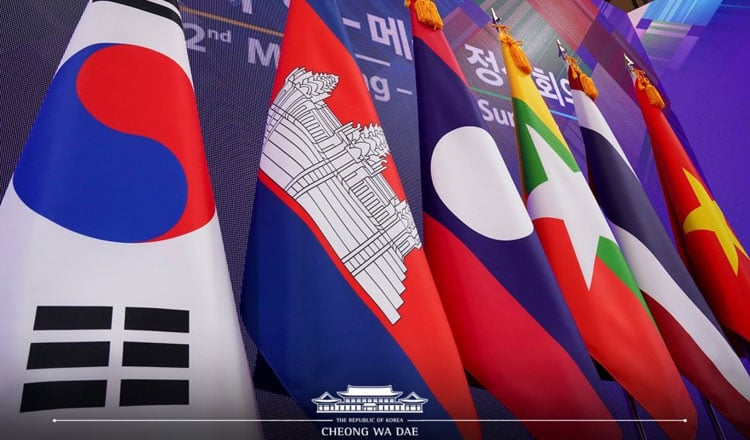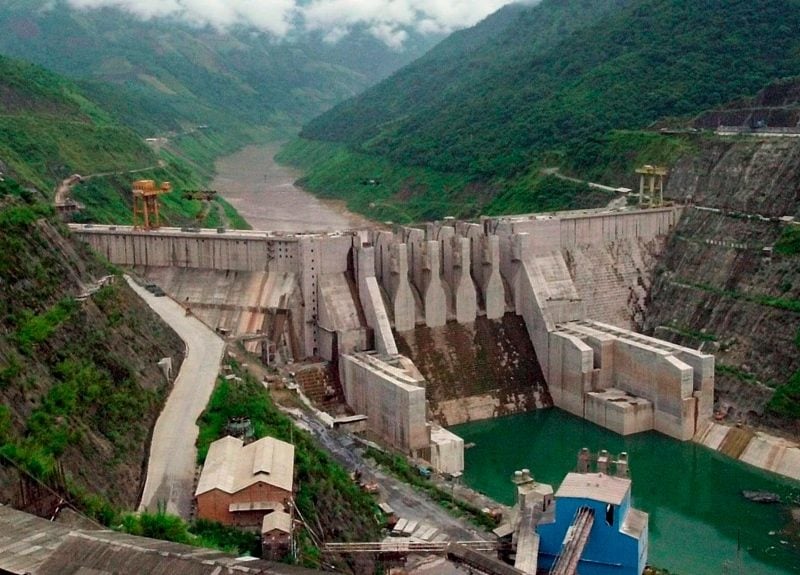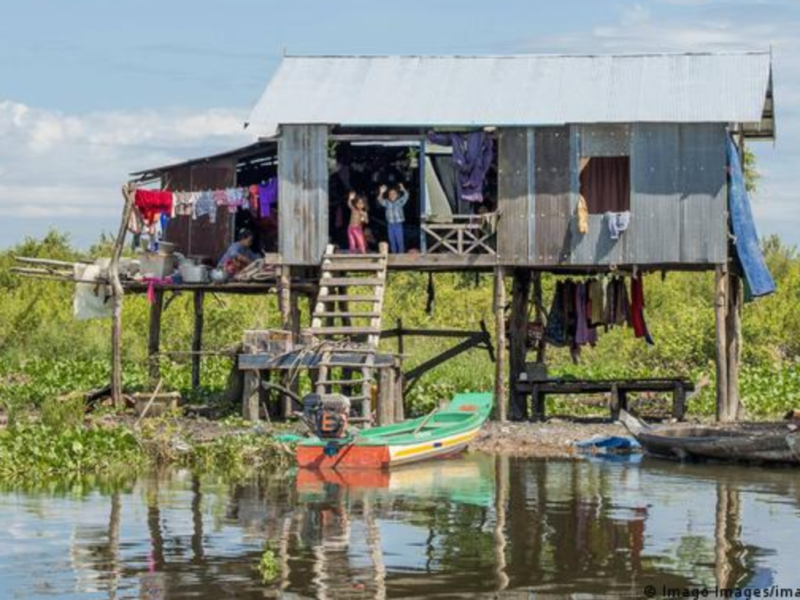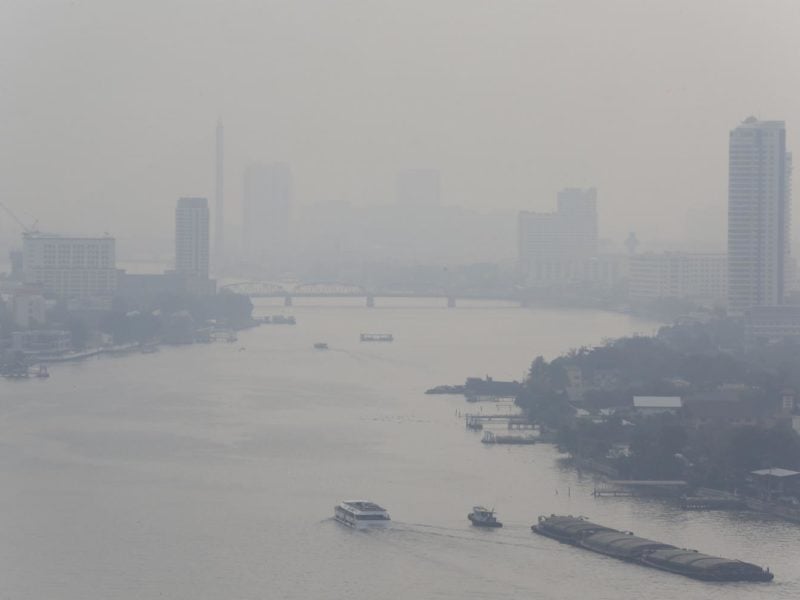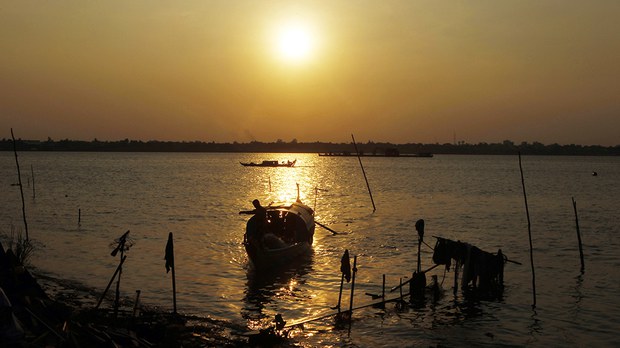In its policy document, ADB has placed large hydropower alongside other energy sources like solar, wind and geothermal energy and stated that it will be ‘selective’ in its support for such projects.
Category: Mekong
A greater Mekong alliance is necessary for the region to prosper
Although there are no territorial disputes like those in the South China Sea, and no Western presence, China’s economic might is on full display in the Mekong region. Before Covid-19 struck, cities like Sihanoukville, Pattaya, and Luang Prabang were swamped with Chinese tourists. One only has to look at the impact that Chinese business and interests have had on the Cambodian economy to understand how the world’s newest superpower is flexing its economic muscles.
Belt and Road starts and stops in China’s backyard
Beijing is seeking to showcase the China-Lao train, and incorporate the stop-and-go progress on a similar rail line in Thailand and a port project in Myanmar, both of which are key to the BRI’s vision of a better-connected regional economic sphere with China at its powerful center.
“Building Back Better”: Southeast Asia’s transition to a green economy after COVID-19
Through its assessment, APHR found that only minimal green policy measures have been adopted as part of the national COVID-19 recovery plans. Moreover, the few positive measures approved were critically undermined by the widespread adoption of those that contribute to global warming and create significant barriers to a low-carbon economic transition. Countries in the region clearly lacked a unified strategy on a green recovery from COVID-19.
Mekong-ROK Cooperation Fund
The Republic of Korea (ROK) is the donor of the MKCF. From 2013, ROK provided US $ 10.42 million to foster regional support and cooperation among the Mekong member countries. The ROK pledged additional contributions of $ 4 million into the fund in 2021 in advancing needs-based cooperation in the Mekong region.
China joins Lower Mekong River countries to study impacts of climate change, dams
Many of the details of the study have yet to be worked out, from exactly which tributaries to focus on to how much data China will share on how it operates its dams. To date, China has refused to reveal how much water its dams release. Furthermore, there is concern that China could use the collaboration as an opportunity to push the narrative that its dams’ disruption of the Mekong’s seasonal flood cycle actually helps downstream countries, despite a lack of evidence, and that some MRC officials make similar claims.
Cambodia: Climate change, Mekong dams threaten world’s biggest inland fishery
One of the world’s richest inland fishing grounds, Tonle Sap lake nourishes tens of millions of people. But climate change and dam construction are threatening livelihoods at the lake, as well as regional food security.
ADB helps GMS in environmental sustainability
It covers six priority themes: building climate and disaster resilience; facilitating low carbon transitions; promoting climate-smart landscapes; enhancing environmental quality through pollution control and sustainable waste management; deploying digital technologies for climate actions and environmental sustainability; and financing low-carbon and climate-resilient infrastructure and technologies, including demonstrating climate and disaster risk financing instruments.
ringing clean air to 4 billion people in Asia
insights from the Joint Forum is that many of the main sources of urban air pollution come from beyond city borders. For example, it is difficult to prevent air pollution episodes in Bangkok, Thailand because urban and rural sources mix together, forming a toxic brew that is more challenging to manage because of its multiple origins.
Lifeline for some the world’s most precious biodiverse habitats announced
The Western Congo Basin, the Lower Mekong and the Kavango-Zambezi region and more set to benefit from the £100 million fund. Projects will tackle biodiversity loss, combat climate change and help deliver our goal to protect 30% of the world’s land and sea by 2030.


